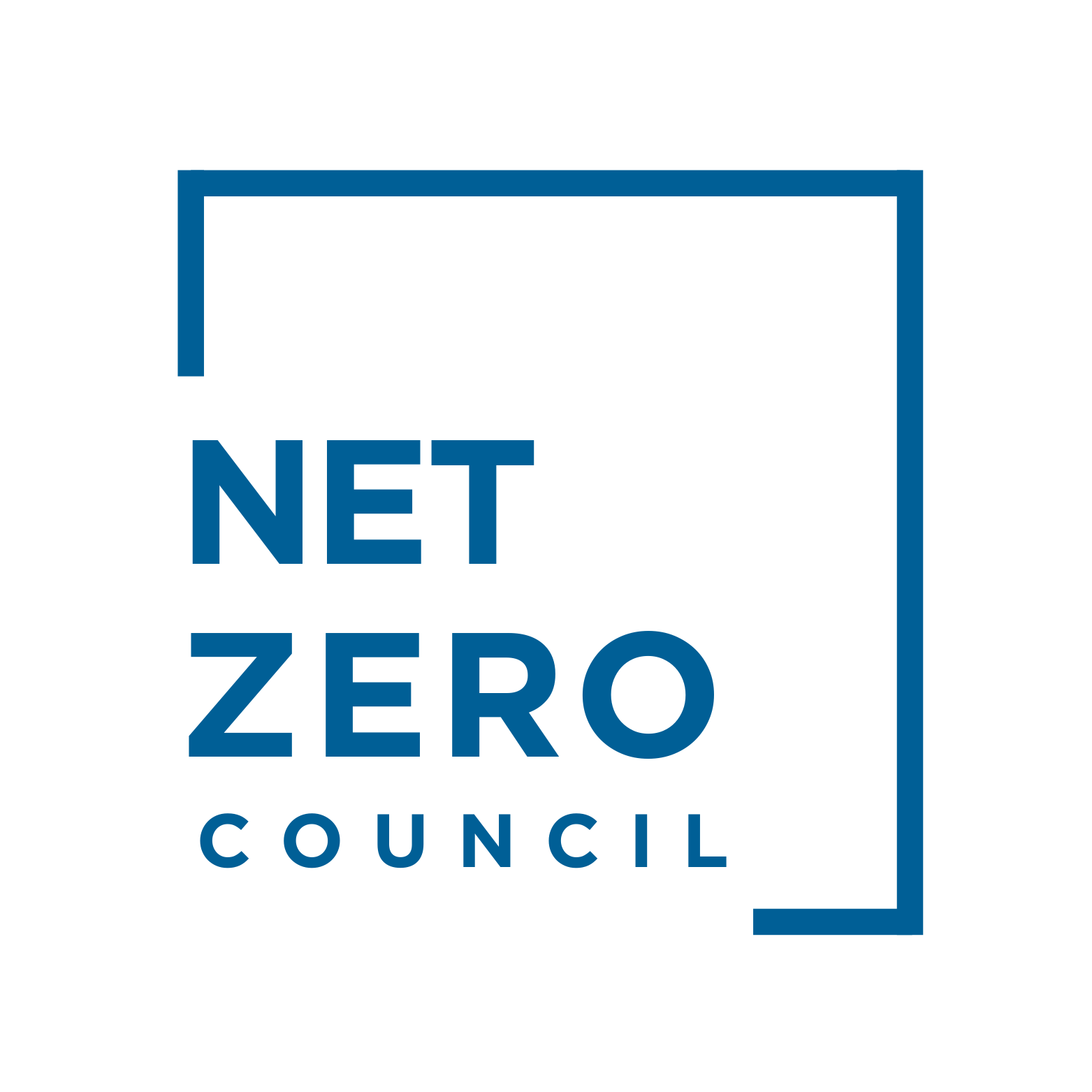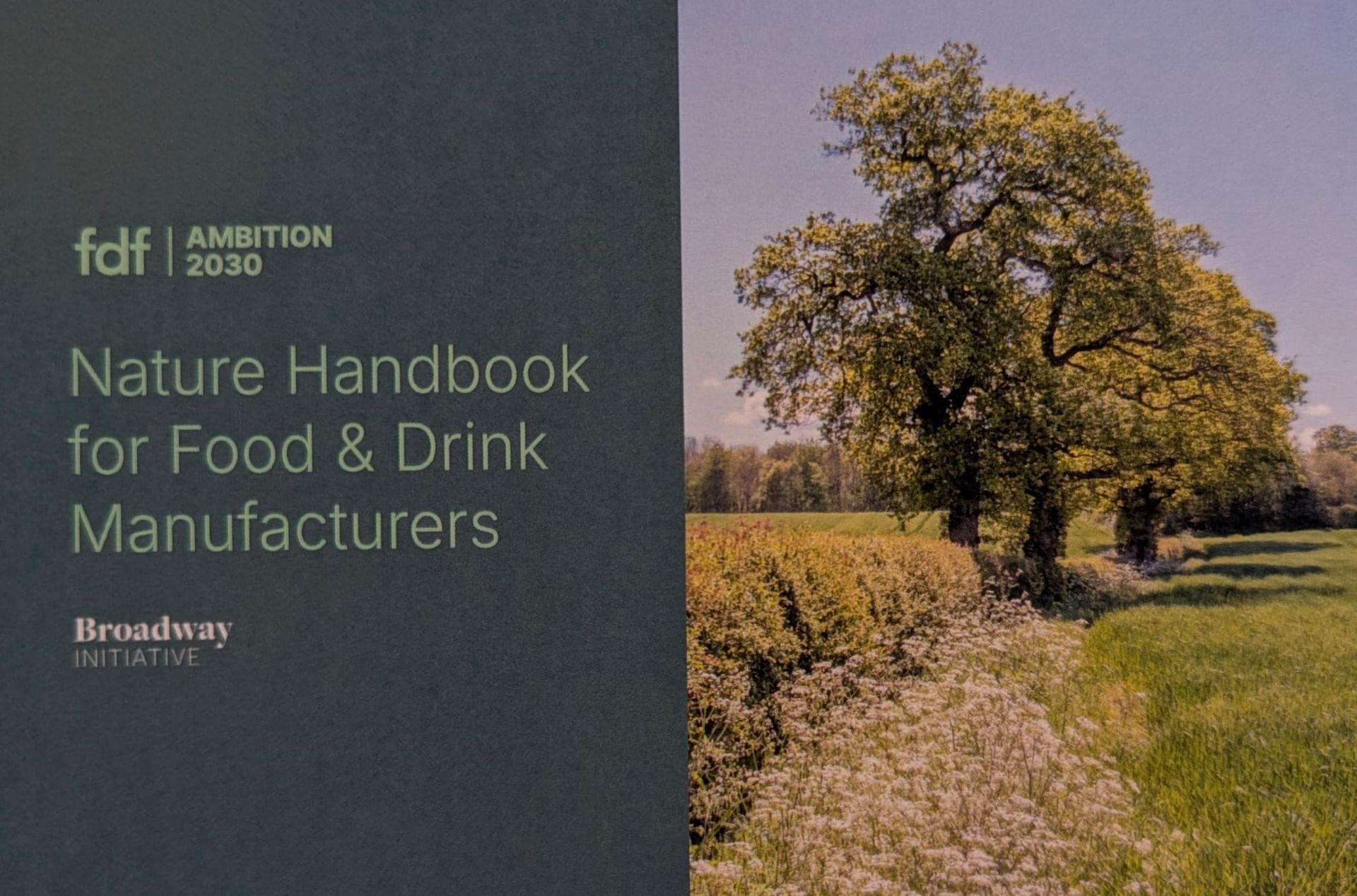Tackling Scope 3 emissions

It was back in 2001 when the concept of different ‘scopes’ of corporate emissions was launched (in the first edition of the Greenhouse Gas Protocol). More than twenty years on, Scope 1,2 and 3 emissions are widely referred to in climate change circles. Yet Scope 3 emissions in particular (defined as those occurring outwith the organisation’s direct control but within the value chain of their services and products) remain one of the most complex and challenging concepts for companies.
I was reminded of this last week when I spent a day discussing the topic with major corporates, having been invited to chair some breakout sessions at EDIE’s event on Scope 3.
In our work at Broadway, which particularly involves working with sectoral associations on their net zero roadmaps, the debate over Scope 3 is very much live. Some sectors, such as retail, incorporate Scope 3 emissions into their roadmaps and aim to reach full net zero through the supply chain by a particular date, while other sectors have restricted themselves to the more easily identifiable and manageable Scope 1 and 2 emissions.
This challenge is replicated at company level. In the discussions I chaired three concerns were particularly apparent.
First, most large companies have ambitious Scope 3 targets (either set by themselves or set at parent company level but applying to subsidiaries), but unlike with Scopes 1 and 2 they are trying to backfill the data for current Scope 3 emissions and clarify boundaries. This can slow down the process of prioritising action and developing the right emissions reduction strategy.
Second, there is still heavy reliance on ‘spend-based’ emissions calculation methodologies for Scope 3. Everyone at the event felt strongly that this is ‘sub-optimal’, but in many areas it is the only option available.
Third, there was a worry that the market for calculating and recording Scope 3 emissions is becoming atomised. Different proprietary software platforms are available, but hard to know which will become dominant and which may disappear. Consultancies, meanwhile, do a great job in supporting firms calculate and analyse Scope 3 emissions but often use their own proprietary methodologies which are not shared.
On a more optimistic note, most firms felt that despite the opacity of the data they had a reasonable handle on where they should focus their efforts. And there were some thoughtful discussions about how to help supply chains deliver emission reductions, for example by giving suppliers a clear ‘line of sight’ to future requirements that would be placed on them.
So some encouraging signs for sure but I expect ‘Scope 3’ will remain a popular topic for event organisers for a while to come.



